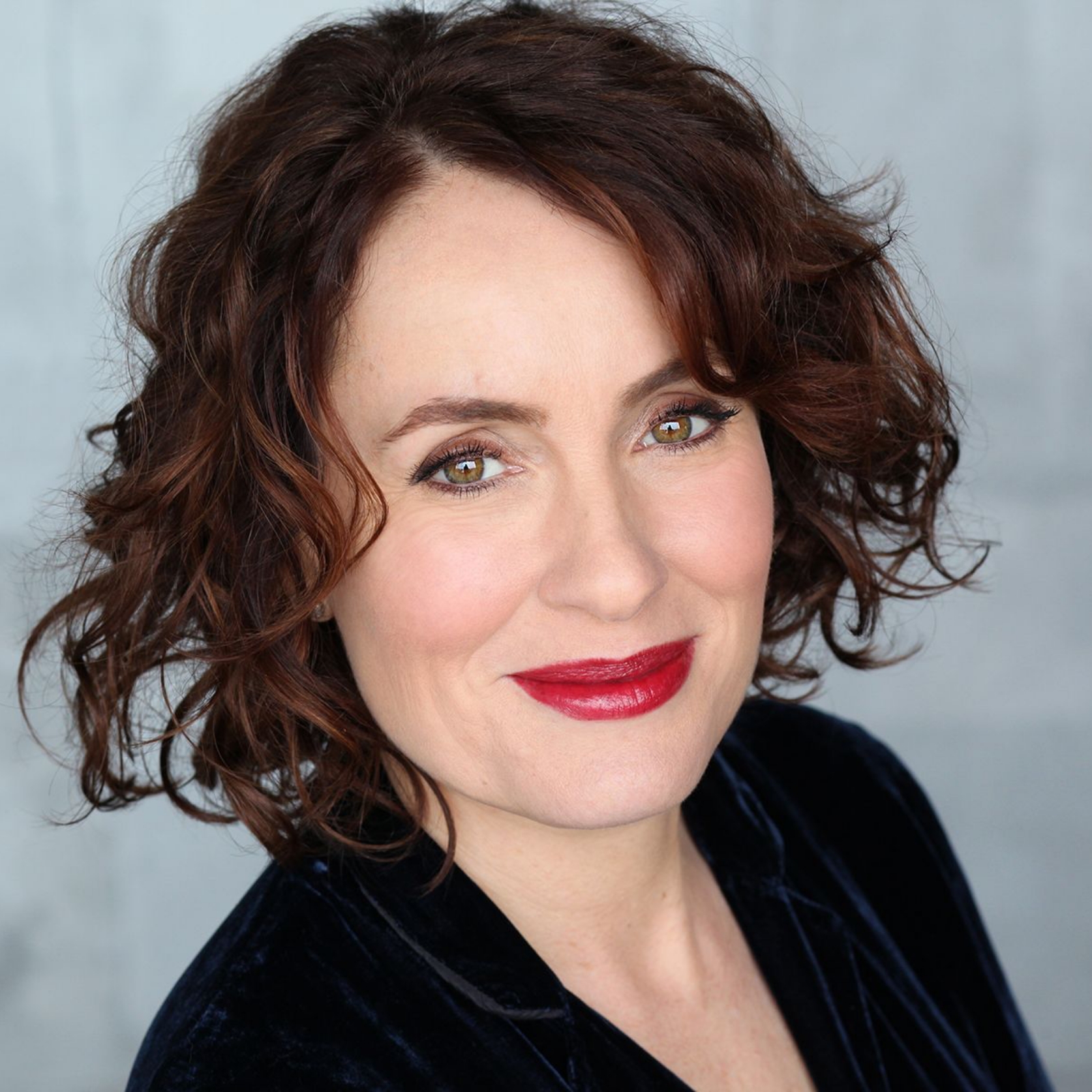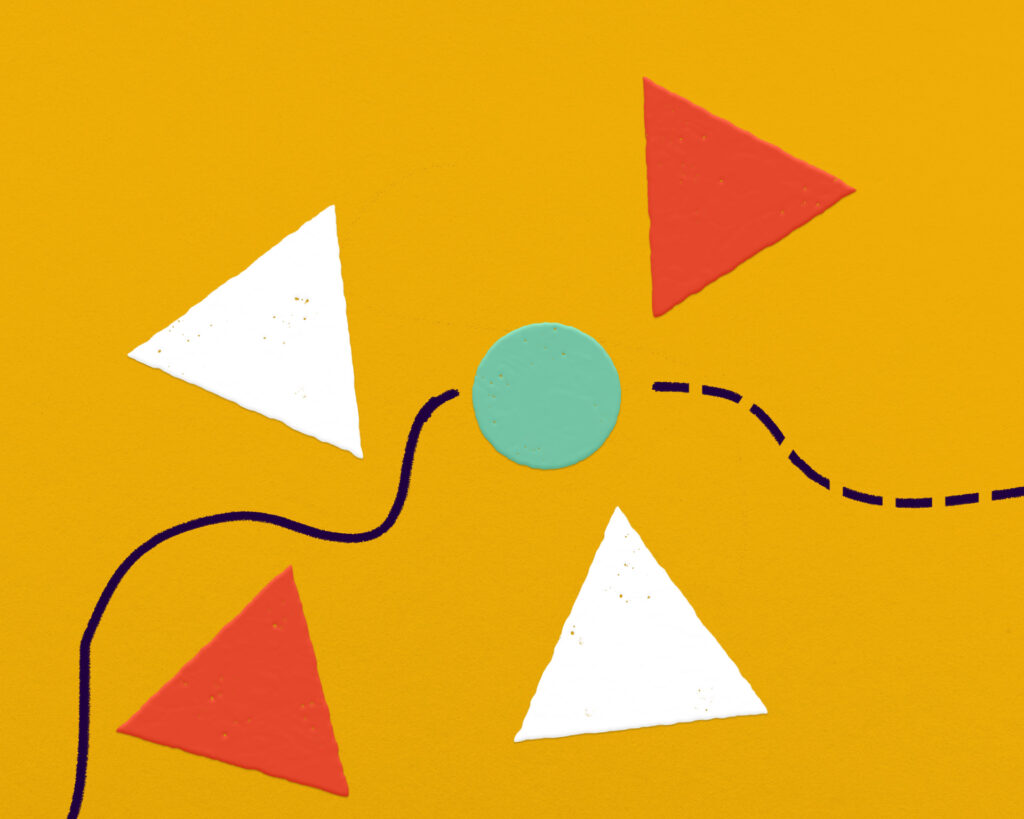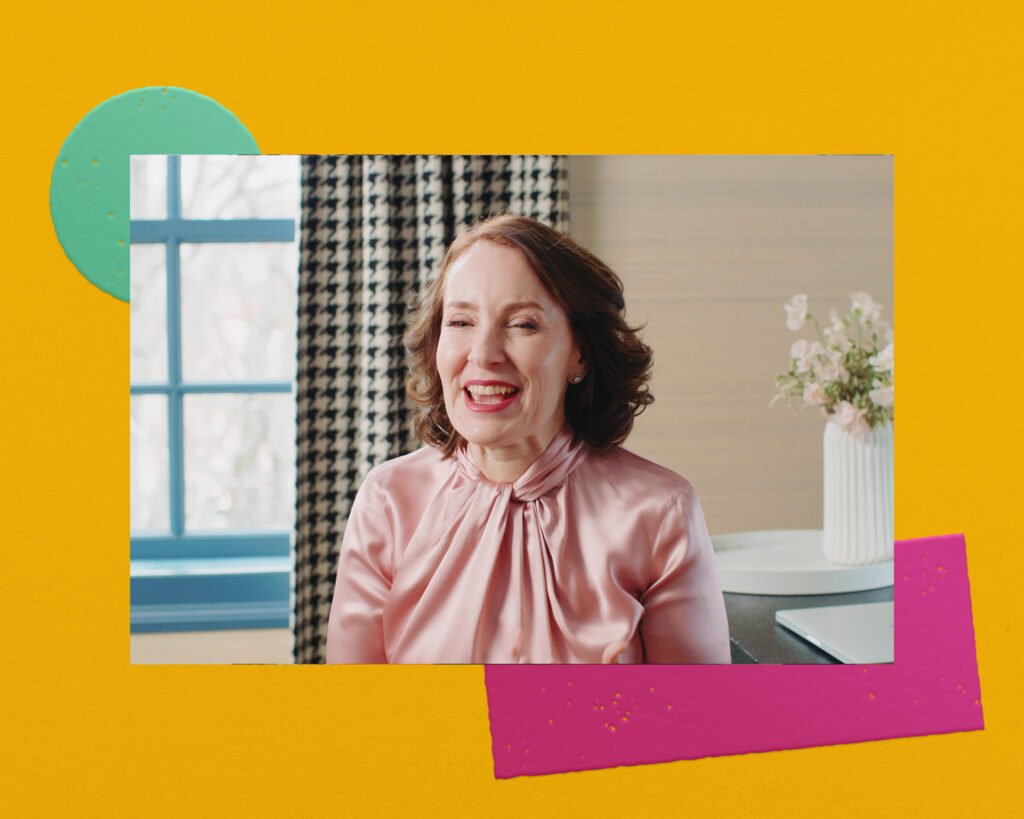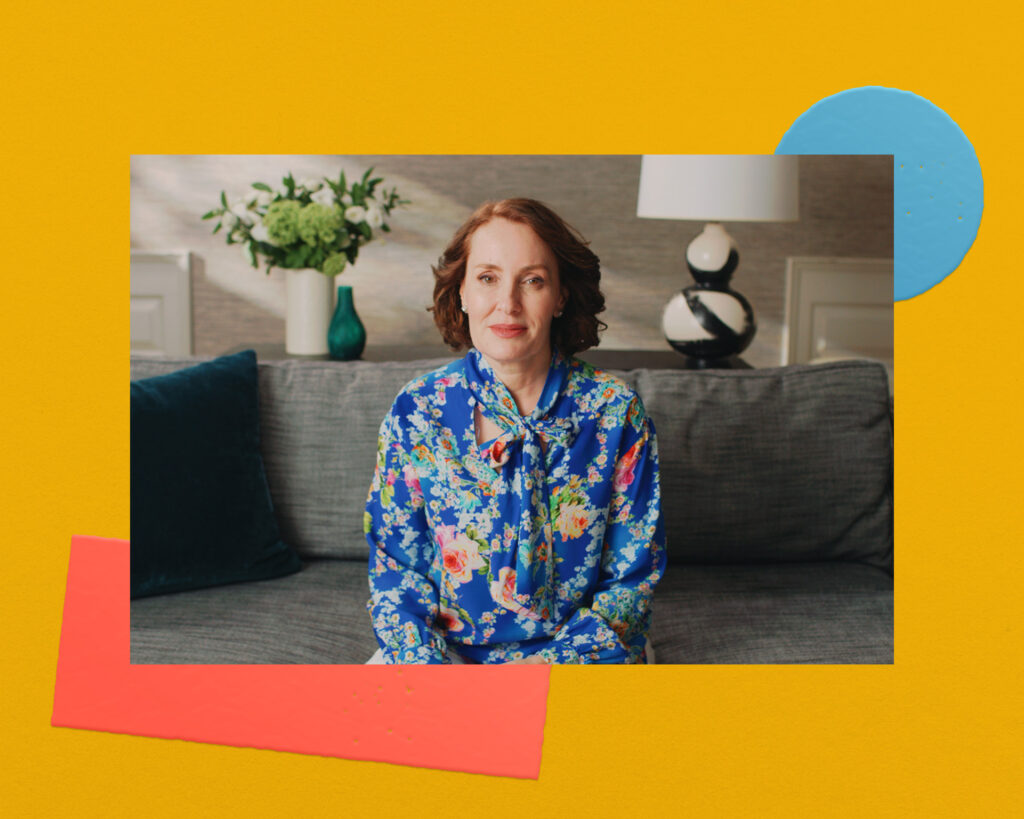Did you grow up believing that anger is wrong? Maybe your parents told you, “we don’t do anger in this household.” Or perhaps anger often resulted in either punishment or parental demands to “calm down and cheer up,” creating a negative association with the emotion.
Whether it’s explicitly stated or merely implied, anger gets a bad reputation. This can prevent both children and adults from having a healthy relationship with this normal emotional experience, and by extension, with themselves.
It’s essential to cultivate an understanding that every feeling is okay. There’s nothing wrong with anxiety, jealousy, or anger. This doesn’t mean we give ourselves or our children license to act on all feelings—your child’s jealousy over a classmate’s new toy wouldn’t justify them taking it. But all of us, no matter our age, should have license to feel what we feel.
Like all emotions, anger provides us with valuable data about our inner lives.
Maybe it’s signaling that there’s a part of you that’s feeling unseen or unsupported. Perhaps you frequently find yourself being drawn into frustrating situations. Or maybe your anger is a sign that your values are being challenged.
Investigate your anger with curiosity, perhaps by journaling about it.
Ask yourself questions such as:
- Where does this anger stem from?
- What is it trying to tell me?
- What can I learn from it?
- What values does it point to?
- What small step can I take that will serve those values for the longer term?

Anger can be a particularly difficult emotion for those in caregiving roles.
No matter how much love is in our hearts, the constant needs of children or elderly parents can leave our nerves frayed. My advice? Have compassion for yourself. What you’re doing is tough. Recognize when you need to ask for help, and consider what type of support you need. Maybe you need a friend to give you a hug or a neighbor to check in on Mom and Dad while you take that much-needed vacation.
You are at your caregiving best when you look after yourself as well. When you take measures to meet your own needs, everyone stands to benefit.






 Take the Quiz
Take the Quiz